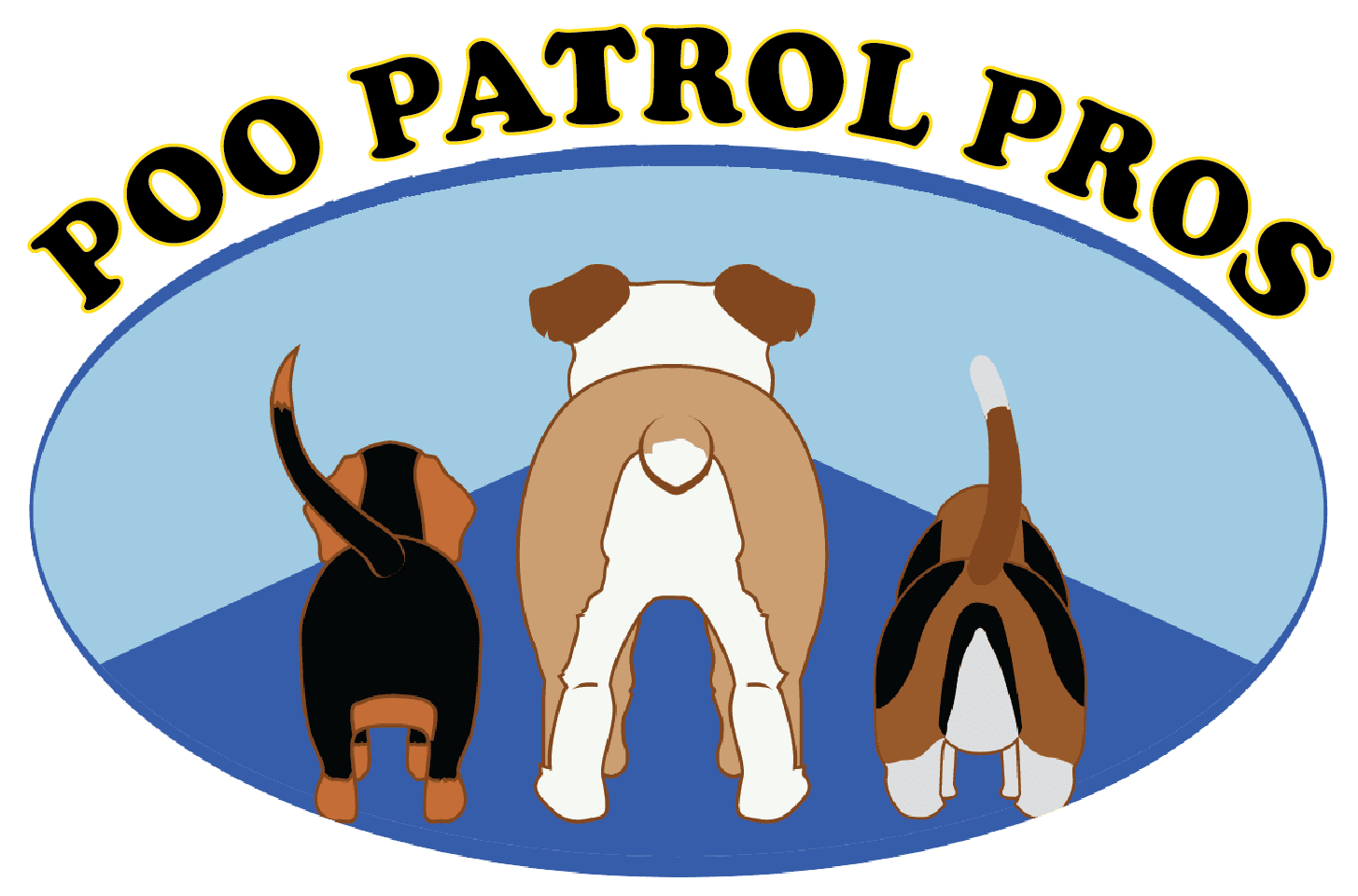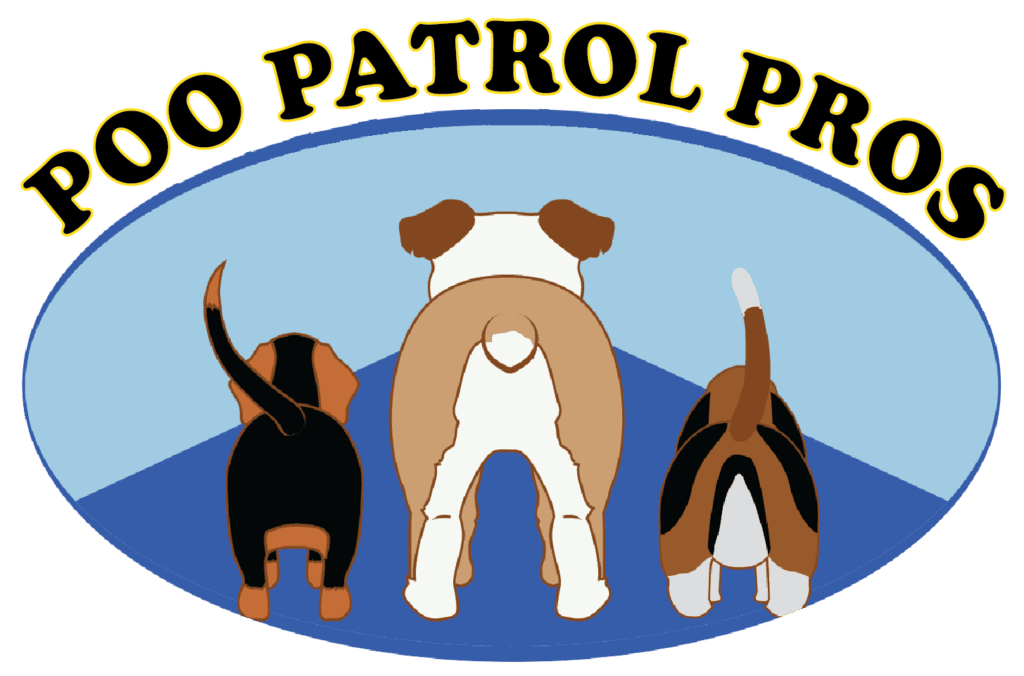Constipation in dogs is a health risk that must be cared for by medical professionals and by the owner. Dogs have a different digestive system and treatment must be made mindfully and accordingly. There are preventative measures and lifestyle parameters that can factor into this process. In this article, we delve into the ways we can collectively help dogs with constipation.
What is Dog Constipation?
Constipation is when the body, in this case dogs, cannot pass waste or stool through the body. This may have to do with water consumption, blood flow, and other medical factors. Typically, it is a short-term problem. Untreated constipation leads to unfortunate and more serious health conditions.
Understanding the Digestive Tract
The digestive tract must be running properly like the machine it is. The food is firstly taken in from the esophagus. Next, the stomach breaks down the food with stomach acids. The small intestine next absorbs the food’s nutrients back into the bloodstream. The large intestine takes the rest and water is absorbed. Lastly, the stool is passed through.
Read more about the dog’s digestive tract as it relates to constipation here.
Variables in a Dog’s Lifestyle and Care
Several factors can contribute to constipation in dogs. Dogs of different backgrounds, breeds, and all the regular lifestyle factors vary the outcomes and odds for constipation related conditions. Some of the most frequent reasons include:
- Inadequate exercise: Exercise stimulates the digestive tract to move along and continue the body’s processes. Lack of movement promotes idling in the tract’s processes.
- Poor diet without enough fiber: A diet lacking in fiber or a sudden change in diet can disrupt or halt the digestive system.
- Consumption of non-food items: Dogs try to eat whatever they set their heart and mind on. Sometimes they are sticks and other times it could be say, a Lego figurine. Surroundings and the items present in the environment are important to be mindful of when monitoring your dog.
- Age and health issues: Dogs with certain renal, thyroid-related, or dogs on particular medications can present a different or more risky challenge under the effects of constipation. Increasing age also presents higher risk likelihood.
- Dehydration: If a dog is not drinking enough water, it can lead to dehydration, leading to constipation.
- Certain medications and surgery effects: Some medications or the effects of surgery or anesthesia must be monitored to track and prevent complications with your dog’s health and condition.
- Stress and anxiety: Emotional factors such as stress or anxiety lead to the body not taking care of itself as much as it should. Take note of your dog’s behavior and reactions if you notice anything out of their normal.
Symptoms of Dog Constipation
Recognizing the signs of constipation in your dog is the first step towards helping them. Some typical symptoms of dog constipation include:
- Cannot pass stool through without straining effort.
- The stool passed is excessively dry.
- A disinterest in eating or other processes involving intake of food.
- Blood or mucus appearing in the stool.
Read about the signs and symptoms of dog constipation here.
Preventative Measures for Dog Constipation
There are many factors that can influence your dog’s health. Listed below are why these factors are important, and recommended solutions for these problems.
Hydration: proper hydration works in conjunction with a proper diet in regulating your dog’s body. Accessible water sources are a must. Without it, your dog could overheat or cramp in adverse conditions. Dogs are recommended to drink one ounce of water per pound of body weight.
Dietary changes: an appropriate amount of fiber in their diet will do wonders. Homemade meals should be run by a veterinarian before serving and look for nutritionally dense commercial dog food mixes in stores. Foods such as pumpkin, apples, and carrots are high in fiber and can help ease constipation.
Physical activity and regular exercise: 30 minutes of exercise per day stimulates the muscles in the gastrointestinal tract enough, promoting proper digestion and bowel movements. Examples include walks, shared activities, and swimming.
Use of oils: The restorative properties of coconut oil and olive oil can soften your dog’s stool and ease the pain or impasse occurring in the tract.
Probiotics: Probiotics promote a gut bacteria balancing act in your dog’s digestive tract, making it easier for them to digest food and pass stool. Please check with your veterinarian about this, as what’s right for one dog does not guarantee the same result.
Regular vet check-ups: Regular vet check-ups can aid in nipping any potential health issues in the bud earlier. A mix of your preventative efforts and professional help is the best chance to give you and your canine companion health and happiness.
Final Thoughts
Constipation in dogs can be uncomfortable and lead to more serious health issues if left untreated. Fortunately, there are steps you can take to help prevent constipation in your dog, including a healthy diet, regular exercise, and regular vet check-ups. If your dog is showing signs of constipation, it’s important to consult with your vet to determine the best course of action.


